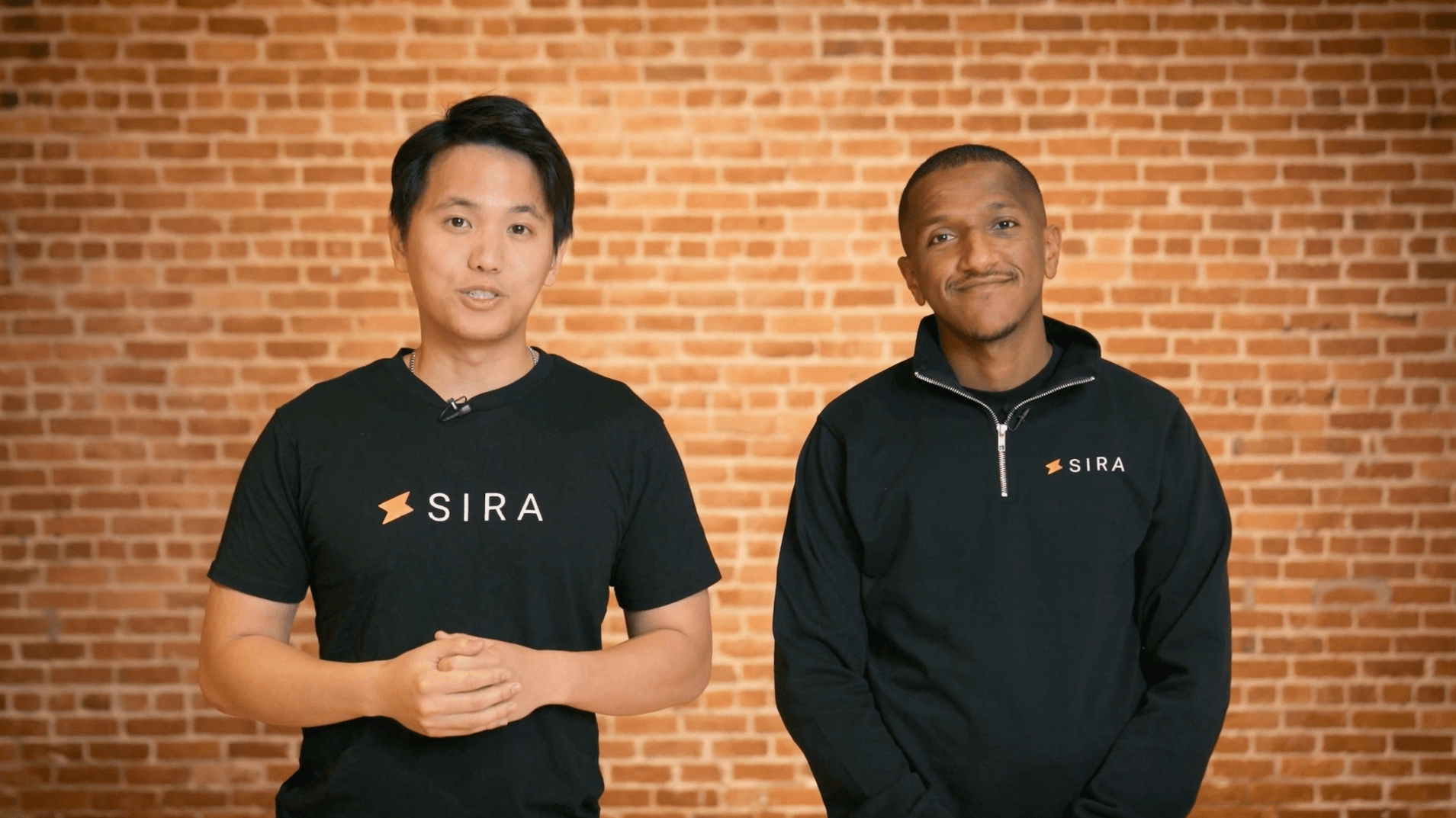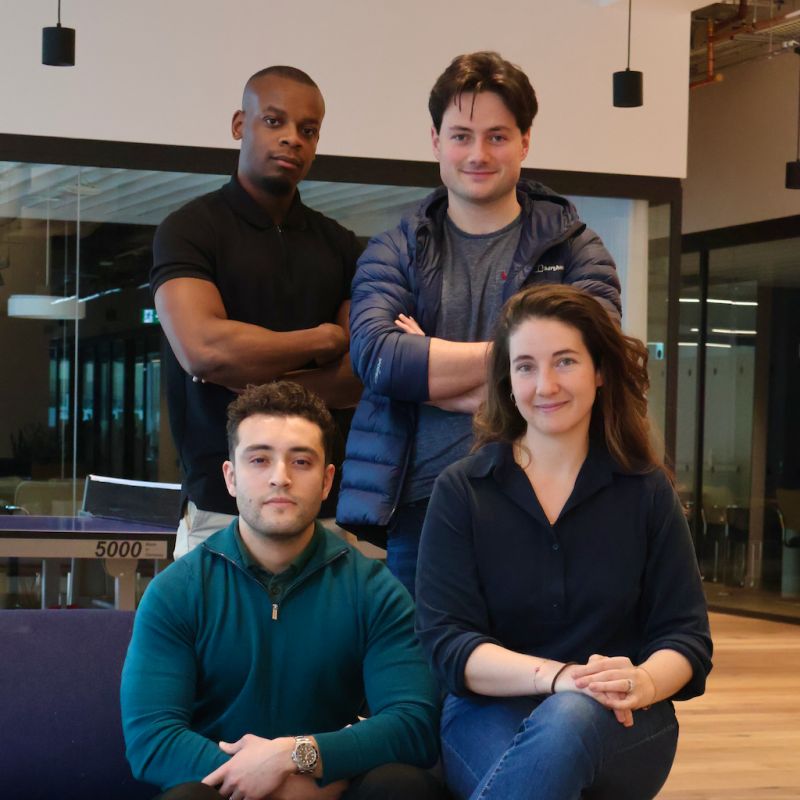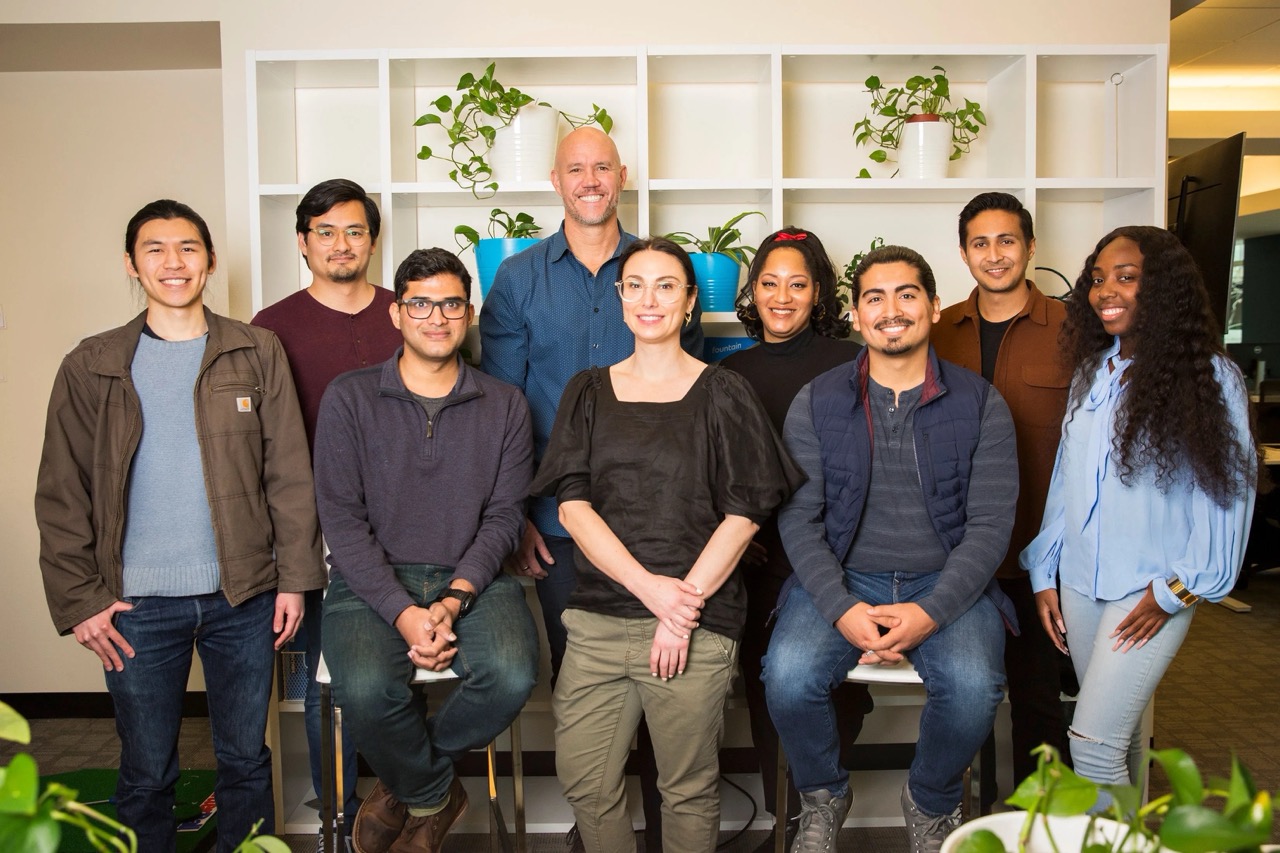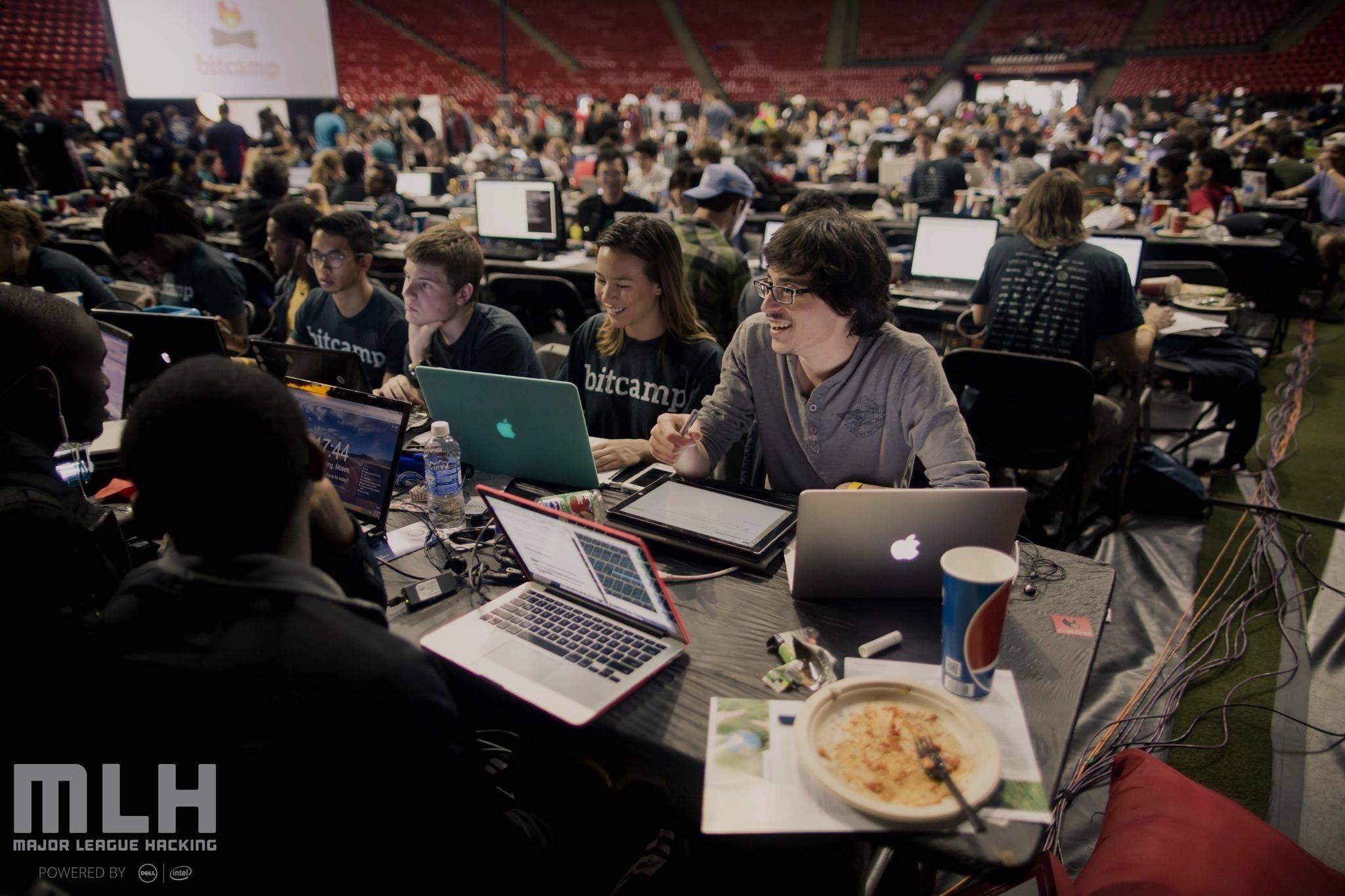Overcoming the ‘Entry Level’ Catch-22 in the Age of AI
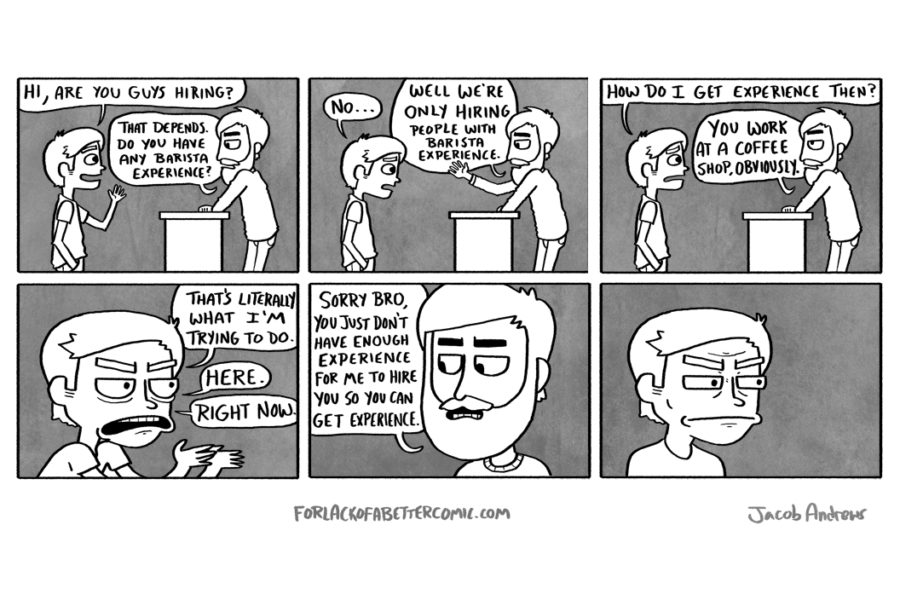
The comic strip by Jacob Andrews was published nearly a decade ago, yet it still captures the frustrating Catch-22 shared by job seekers on social media today: They can’t get a job because they lack experience, and they don’t have experience because they can’t get a job.

Finding an entry-level job shouldn’t be so hard. The unemployment rate has stayed under 4 percent in recent years. But that figure masks a troubling trend: that rate actually jumps to over 12 percent for bachelor’s degree recipients aged 20 to 29, a nearly four percentage point increase from 2023.
Other signs of this challenging reality: Less than 61% of HR leaders in a 2023 PwC survey said they are hiring for entry-level and less-specialized positions, down from 79% in 2022. On the career platform Handshake, the average Class of 2024 graduate has applied to more than 21 jobs, up from 14 for their peers in 2023. With more students going after fewer jobs, roughly half of graduates end up in roles where their degrees aren’t needed. No wonder many ask: Is college worth it?
Why aren’t there more entry-level opportunities today and why is it so hard to land one? I believe there are a few contributing factors:
- In a more competitive job market and uncertain environment, employers want employees who don’t require training. As hiring slows, the first roles to get cut are typically entry level. And in an uncertain economic environment, employers take less risk on entry-level talent and instead look for those with more experience who can hit the ground running. A search for “entry-level” jobs on LinkedIn surfaces many listings requiring three or more years of relevant experience. But if employers are less likely to hire and develop talent, where will people get the experience they need to get hired?
- Entry-level jobs are being eaten away by AI. From coding to customer service to content, many roles in the knowledge economy are now at risk of displacement by AI. McKinsey estimates 12 million jobs may be impacted by 2030. Even white-collar jobs with higher barriers may not be spared: Wall Street firms are beginning to test AI tools that can largely replace their armies of analysts by performing in seconds the work that previously took days.
- AI is a double-edged sword for entry-level job seekers. It’s easier than ever to find and apply for jobs. There has been an explosion of AI tools that will help create resumes and cover letters, prepare for interviews, and even apply on one’s behalf: Teal, Wrangle, EarnBetter, Apply AI, Huzzle, WriteSea, and Final Round AI.
On one hand, these tools have broadened access to opportunities and career support services. On the other side, employers must now review many, many more applications. Some are of dubious quality, involving cookie-cutter AI-generated cover letters with identical words and responses. And while AI tools like Humanly, Prodigy and Take2 are emerging to help companies sift through the noise, employers are understandably wary. As a result, some resort to requesting prior experience as a means to narrow down the pool of applicants.
So, back to the Catch-22?
The New Entry-Level Job (and Skill)
In a world where AI can perform entry-level tasks, and employers are prioritizing experienced candidates, how can recent college graduates and job seekers find a job?
AI is the new entry-level skill. As AI permeates every industry, it’s becoming increasingly common for employers to ask candidates how they think about applying AI to their jobs. (We’ve started asking this here at Reach ourselves.) Even if the job is not technical and doesn’t list AI as a skill, candidates would do well to prepare. Journalists, for instance, are warming up to using AI to transcribe interviews and suggest headlines.
So it’s not just AI that may take your entry-level role, but rather the person who knows how to use it. Candidates who are bracing for this technological shift and proactively building their AI literacy and expertise will have a leg up. There are courses on Coursera, LinkedIn, and Elements of AI. For those short on time, in just a few minutes a day you can build AI skills through interactive exercises on Brilliant. However, the best way to learn is often just to do.
AI makes it easier to showcase your portfolio. Beyond experience, projects and published works also serve as signals of one’s job readiness. Tools like Github for coders, and Behance for creatives, have served as important proxies — if not proof — of one’s capabilities. Now, AI-powered creative tools offer even more ways to showcase one’s skills. Replit makes it easy to generate code to build apps and websites. (It also has a marketplace where people can help others on their coding projects — another way to showcase one’s chops.) Storytellers can use tools like Midjourney and Runway to bring their visions to life. On Off-Script, designers can see their ideas materialize in the form of physical inventory that they can sell.
Make your own experiences. Work experience isn’t just something that’s given to you. It’s also something that you can create. Substack is home to many authors like Edwin Dorsey, who began his newsletter on corporate misconduct as a college student as a way to network, and which now provides his full-time income.
Now more than ever, employers are looking not only for people with AI skills, but also those who are self-starters, problem solvers, and have an entrepreneurial mindset. Job seekers can demonstrate their ability to adapt and take initiative by using AI tools to develop AI-related skills, build a personal brand, develop a portfolio of work, and even become a freelancer.
We need more solutions that help job seekers build with the latest AI tools and enable them to market their skills and creations. If you are building a startup in this space, please reach out as I would love to hear what you are learning and how you are solving the entry level Catch-22.
*Take2, Brilliant, and Replit are Reach portfolio companies.


